- Phone: +91 94800 58379
- Mon-Sun 24/7
- contact.sanyrahospital@gmail.com


Bladder Cancer

Bladder cancer is a common type of cancer that originates from the bladder’s lining cells, a hollow pelvic organ responsible for urine storage. It is among the most prevalent cancers worldwide, affecting both men and women. For those seeking Bladder Cancer Treatment in Bangalore, gaining a thorough understanding of bladder cancer, including its risk factors, symptoms, and available treatment options, plays a vital role in early diagnosis and effective management. This article endeavors to provide comprehensive insights into bladder cancer to raise awareness and empower individuals with proactive measures for safeguarding their health.
Bladder cancer’s exact cause remains uncertain in the current medical understanding. However, its development is closely associated with several risk factors. These risk factors include:
Recognizing bladder cancer’s early signs and symptoms is crucial for prompt diagnosis and effective treatment. Common symptoms include:
If bladder cancer is suspected based on symptoms or risk factors, diagnostic tests will be administered in order to confirm its diagnosis and determine its stage. These may include:
The treatment of bladder cancer depends on the cancer stage, overall health, and individual preferences. The main treatment options include:
If you’re seeking a Treatment For Bladder Cancer In Kengeri or Bangalore, Dr. Rajendra Prasad is here to help. To schedule a consultation or get more information about his services, contact us at Sanyra Hospital. Dr. Rajendra Prasad and his team are committed to providing high-quality care and ensuring that you receive the best possible treatment for bladder cancer.
If you’re seeking for Bladder Cancer Surgeon In Kengeri or Bangalore, look no further than Dr. Rajendra Prasad . With his expert care and personalized approach, you can be confident that you are in capable hands. Dr. Rajendra Prasad, MBBS, MS (General Surgery), MCh (Urology), is a Consultant Urologist, Andrologist, Endoscopic, Laparoscopic & Kidney Transplant Surgeon with over 12+ years of service. He has handled many critical surgeries and is dedicated to providing comprehensive care for patients with bladder cancer.
Bladder cancer is an urgent health concern that requires identification and appropriate care. Being aware of risk factors that increase risks, symptoms, and ways to detect bladder cancer will aid in diagnosis. Smokers should try not to smoke while adopting healthier lifestyle practices and having regular health checkups as these will reduce their chances of bladder cancer development. For those seeking Bladder Cancer Treatment in Bangalore, advances in research and available treatment options offer promising prospects for improved quality of life outcomes. Staying informed and taking proactive measures are crucial elements for combating this illness.
Avoid smoking, limit exposure to harmful chemicals, and maintain a healthy diet.
Lifestyle changes cannot treat bladder cancer but can reduce the risk. Medical intervention is crucial for treatment.
Diagnosis involves urinalysis, cystoscopy, biopsy, and imaging tests like CT scans and MRIs.
Yes, treatments include intravesical therapy, radiation therapy, chemotherapy, and immunotherapy.
Surgery is often the primary treatment for early-stage cancer, but the necessity depends on the cancer’s stage and the patient’s overall health.

We are happy to assist you! Fill the form we will contact you soon!
Sanyra Hospital is a leading Multi-Speciality Hospital in Kengeri Bangalore and diagnostic centre. With a commitment to providing high-quality healthcare services, it offers a wide range of medical specialties and advanced diagnostic facilities to meet the diverse healthcare needs of the community. We have dedicated urology center & dialysis center.
© 2023, Sanyra Hospital. All Rights Reserved.
WhatsApp us